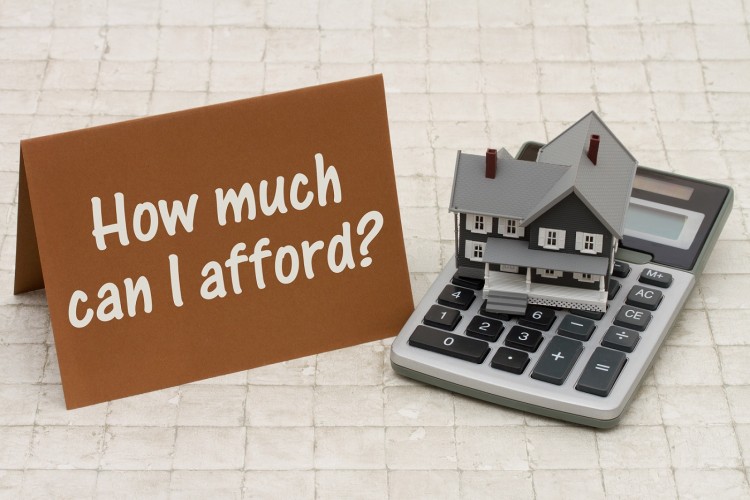Mortgages are a huge part of our society. Many might be familiar with this concept in relation to buying homes. But aside from real estate, it’s also an arrangement utilized for other big purchases such as cars, boats, and similar items.
Those who are encountering mortgages for the first time might need to know that the market is big and grows every year. If you don’t want to get stuck paying high monthly payments, it’s essential to know the basics of mortgages and how to use them wisely.
Here are a few things you should know about mortgages.
1. Types Of Mortgages
First off, there are different types of mortgages: fixed-rate and adjustable-rate mortgage. There are several advantages and disadvantages to both. A fixed-rate mortgage is when the loan rate remains the same for the entire life of the loan. This is good if you foresee rates going higher in the future.
On the other hand, adjustable-rate mortgages are the opposite. An adjustable-rate mortgage can go up or down over a specific period, usually within the first two years. If the loan goes up and down too much during that period, the homeowner may end up paying more than they would with a variable rate mortgage.
However, an adjustable-rate can also be advantageous to the borrower. This is because the rate will ride on the ups and downs of the rates in the market, which exposes you to lesser risk compared to a fixed-rate. As rates go down in the future, you also get a lower rate since the loan will be repriced.
2. Credit Score
Another thing you should know about mortgages is that you need a good credit score in order to be approved for one. A good credit score report will show whether you’ve had any bankruptcies or any other negative records on your credit. Bankers or mortgage lenders who will be reviewing your applications will be taking a look at your credit score thoroughly. So, it’s best if you can build your credit score first before applying for a mortgage to make sure that you get approved.

3. Collateral
A lender can legally register a house as a mortgaged item through a property charge. With a property charge, the mortgage lender will legally register the property with the real estate title or registrar’s office in the municipality wherein the mortgaged property is situated. Then, the property can be mortgaged from the property charge to the property. This means that if you default on your mortgage, the bank can step in and seize your property. Needless to say, you need to be careful when dealing with property mortgages.
4. Schedule Of Payments
Mortgages generally come with various terms, such as fixed-rate, amortization period, and balloon payments. With the amortization term payments, the amount of interest is paid on the amount borrowed, and the monthly payments are the total amount of those payments. The principal payments remain equal and the same monthly/quarterly/annually in arrears throughout the term of the mortgage.
With the balloon payment, the homeowner is required to pay a significant portion of the loan, usually by the end of the loan term. The amount depends on how much the homeowner owes on the mortgage, when the mortgage was initially taken out, and the interest rates at the time. It also has to be within the budget of the homeowner.
5. Timely Payments
Always pay on time. If you cannot pay the mortgage in full every month, make sure you stay in contact with the lender. There is no reason to have a late mortgage that you cannot afford to pay off.
In general, make sure you won’t fall behind on your payments. Many lenders will give you late fees, higher interest rates, and penalties for late payments. You will end up paying more in the end. Thus, it’s important to keep track of your mortgage payments.
Also, if you’ve had any financial problems in the past and cannot pay your mortgage in full, talk to your mortgage broker to find out what you can do to fix the situation and know what options you could avail for it. This strategy will allow you to avoid paying large interest rates and high fees. Getting the best interest rate possible can save you thousands of dollars.
Conclusion
Learn the basics about mortgages before making your final decisions on getting one. Remember that it’s a legally binding protracted process. Once you have this knowledge, you can use it to your advantage to avoid problems, and find a mortgage that works well for you.
These are just some points and things that you should know, but you should still do your research when it comes to mortgages.




